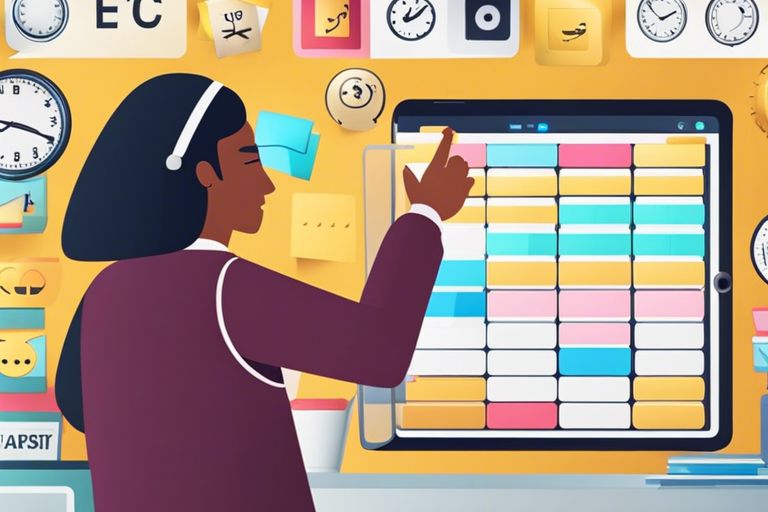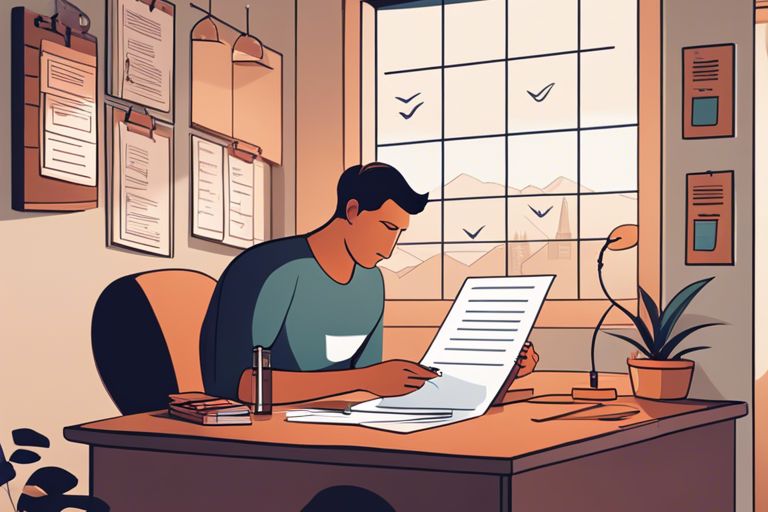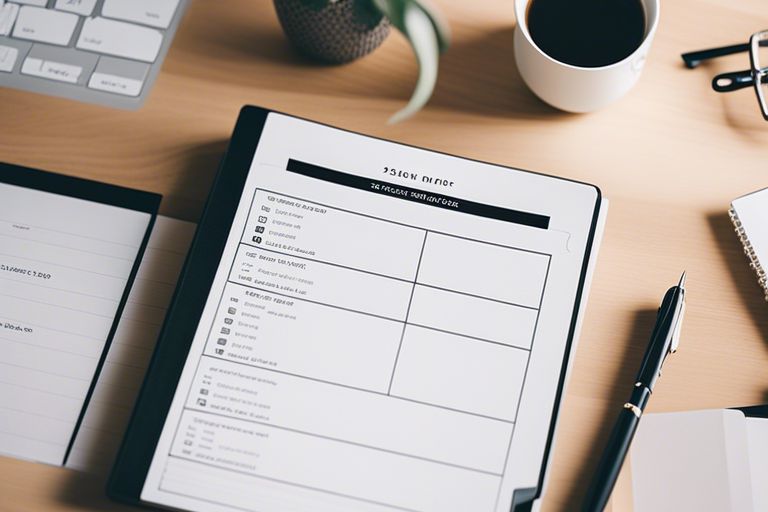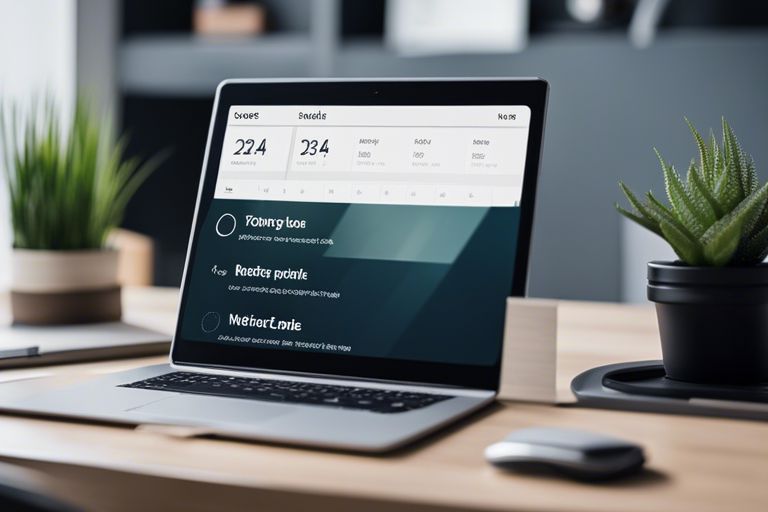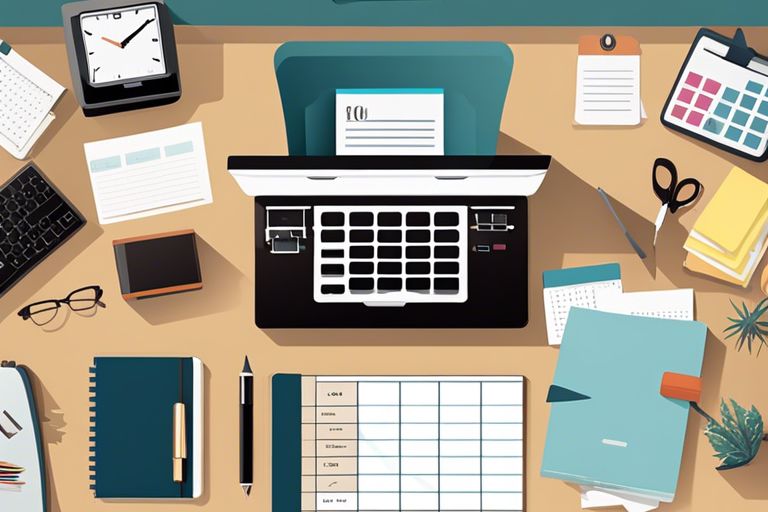Have you ever found yourself juggling multiple tasks at once, thinking you’re being productive, only to end up feeling overwhelmed and exhausted? As tempting as it may be to multitask, research shows that it can actually decrease your productivity and negatively impact your performance. When you multitask, your brain is constantly switching between activities, which impairs your ability to focus and affects your overall quality of work. Moreover, studies have found that individuals who multitask experience higher levels of stress and are more prone to making mistakes. It’s time to re-evaluate whether multitasking is truly benefiting your work or if it’s actually hindering your ability to get things done efficiently. Join us as we delve into the science behind multitasking and discover whether it’s really a productivity killer.
The Psychology of Multitasking
A common misconception about multitasking is that it allows you to be more productive by handling multiple tasks simultaneously. However, the reality is quite different. Multitasking actually involves a complex set of cognitive processes that can have detrimental effects on your productivity and mental well-being.
Cognitive Processes Involved
When you attempt to multitask, your brain must rapidly switch from one task to another, leading to a phenomenon known as “task-switching cost.” This constant shifting of attention can lead to a decrease in the quality of your work and an increase in the time it takes to complete tasks. Additionally, your brain can become overloaded with information, leading to decreased attention and memory retention. Essentially, by trying to do it all at once, you may end up not doing anything well.
Limitations of the Human Brain
Despite the belief that multitasking is an efficient way to get things done, the human brain is actually not designed to handle multiple tasks simultaneously. In fact, attempting to multitask can lead to an increase in stress levels and a decrease in overall mental well-being. Your brain can become overwhelmed and fatigued, leading to a decline in cognitive function. Ultimately, the limitations of your brain make it difficult to effectively juggle multiple tasks at once.

Multitasking in the Workplace
Obviously, multitasking is a common practice in the modern workplace. With the constant influx of emails, phone calls, meetings, and deadlines, it’s no wonder that many people find themselves juggling multiple tasks at once. But does this actually make you more productive?
Effects on Productivity
Multitasking can actually have a detrimental effect on your productivity. When you switch back and forth between tasks, your brain has to constantly readjust, which can lead to decreased efficiency. In fact, studies have shown that multitasking can reduce productivity by as much as 40%.
Case Studies and Research Findings
Research has shown that multitasking can have negative effects on your ability to concentrate and complete tasks effectively. In one study, researchers found that workers who were constantly interrupted by emails and phone calls performed significantly worse on cognitive tasks than those who were able to focus on one task at a time.
- Case Study 1: A study by Stanford University found that multitasking lowers your performance and may even damage your brain. People who are regularly bombarded with several streams of electronic information cannot pay attention, recall information, or switch from one job to another as well as those who complete one task at a time.
- Case Study 2: Another study by the University of California found that the constant switching between tasks can cause a 40% drop in productivity and increased stress levels.
- Case Study 3: A study published in the journal Human Performance found that the mental blocks created by juggling tasks can also drain your brain of energy, make you feel tired, and reduce your ability to think clearly.
These findings suggest that multitasking not only hinders your productivity, but also has a negative impact on your cognitive abilities and overall well-being. It’s clear that trying to do too many things at once can be detrimental in the long run.
Strategies for Efficient Task Management
Now that you understand the impact of multitasking on productivity, it’s time to explore strategies for efficient task management. By implementing focused work techniques and utilizing tools to reduce multitasking, you can optimize your workflow and boost your overall productivity. Below, we’ll delve into these strategies in more detail.
Focused Work Techniques
When it comes to enhancing productivity, focused work techniques can be incredibly valuable. By honing in on a single task at a time, you can improve your concentration and achieve better results. Research has shown that multitasking can contribute to increased stress levels and decreased cognitive performance. By adopting practices such as time blocking and the Pomodoro Technique, you can experience the benefits of focused work and achieve greater efficiency in your work.
Tools and Methods to Reduce Multitasking
There are numerous tools and methods available to help you reduce multitasking and streamline your workflow. From task management apps that allow you to prioritize and organize your tasks to time tracking tools that help you monitor your productivity, these resources can significantly improve your ability to focus. Additionally, implementing strategies such as setting specific time limits for certain tasks and minimizing distractions in your work environment can help you minimize the temptation to multitask and enhance your overall productivity.
Is Multitasking Really a Productivity Killer?
Taking this into account, it is evident that multitasking can indeed be a productivity killer. The brain is simply not designed to effectively handle multiple tasks at once, and studies have shown that attempting to do so can actually decrease productivity and increase the likelihood of errors. By trying to juggle too many things at once, you are spreading your focus thin and not giving any one task the attention it deserves. It’s important to recognize the value of single-tasking and prioritize your tasks in a way that allows you to give each one your full attention. This will ultimately lead to better quality work and increased productivity in the long run.




